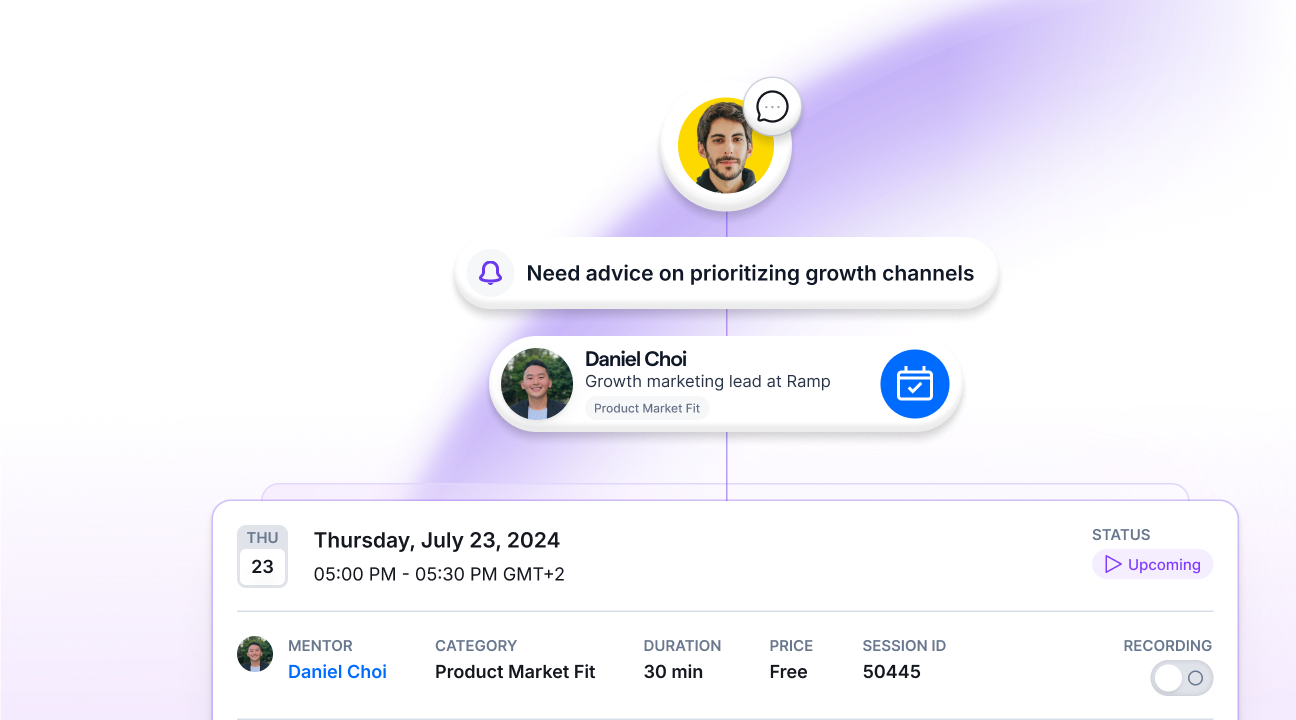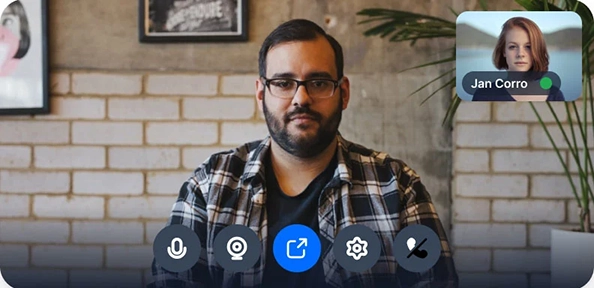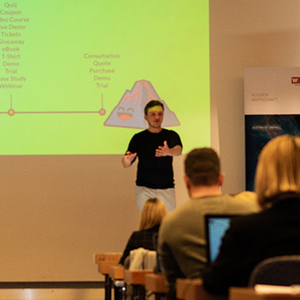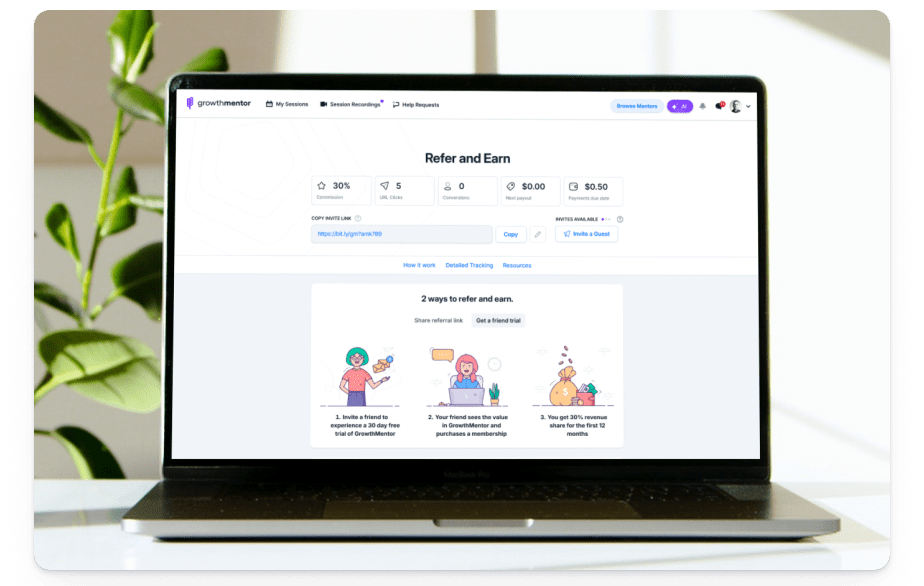“It’s insane how I’m able to hop on Zoom calls with hundreds of experts that work at some seriously impressive companies!”


Easily find mentors to help you validate your ideas
Connect with the right people and get unstuck


Find your mentor

Book a Call

Get unstuck
Idea validation mentors at your fingertips
What would you like to get better at today?
Just a few of the topics being discussed over casual conversations on GrowthMentor
Book Zoom calls with vetted growth mentors and get personalized advice that's relevant to your situation.
How do we determine our TAM?
How can we find our minimum viable audience?
How do we determine our unique value prop?
How do we validate market demand?
How can we test our MVP?
How do we identify our assumptions?
How can we differentiate from competitors?
How can we assess revenue viability?
How can we mitigate risks?
How can we validate our pricing strategy?
How can we determine model-market fit?
How do we determine our launch timeline?
How do we ID our ideal customer persona?
How do we start finding P-M fit?
All your questions about mentorship, answered
Why Should I Talk to an Idea Validation Mentor?
It’s a hard truth of the tech sector that startups often fail. And while this can be due to thousands of reasons, there’s one primary problem that plagues companies in the early stages: validating their idea.
All too often, founders fall in love with their idea and they fail to determine if it’s the appropriate solution to a problem or if the problem even exists for potential customers.
Don’t fall into the same trap.
Now, while idea validation may seem like a simple combination of thought, research, and consideration, it’s more complicated than it appears on the surface.
After all, if you use the wrong research tactic, over- or under-build your MVP, or fail to consider certain market factors, you could wind up with a false negative that leads you to discard a profitable idea. Or worse, you confirm a false positive and proceed with months of work only to find your idea fails later on.
Fortunately, you don’t have to simply leave it to chance or go it alone. Instead, talk to an idea validation mentor.
What Can an Idea Validation Mentor Do For Me?
Idea validation is a skill that comes with experience and a ton of trial and error.
The great news, however, is that you can learn from an idea validation mentor’s experience and wisdom and shortcut some of that trial and error.
An idea validation mentor can provide you with the roadmap you need to take your idea from an intangible lightbulb moment to a real product you can test and iterate on. They’ll walk you through every step, making sure you’ve laid strong research foundations, considered your market, and built an MVP that’s just the right scope.
But fair warning: they’ll also make you challenge your assumptions, likely far more than any type of mentor. Because in the end, idea validation is about scrutinizing your solution and prodding your assumptions to determine if you’re making the right decision or not.
For those willing to listen, be patient, and remain open-minded, you’ll walk away with rock-solid knowledge on what to do next and unmatched confidence in your plans.
Should I Talk to an Idea Validation Mentor Now?
It depends. Are you prepared to put in the time and research required to build an MVP? Are you truly ready to get feedback on your idea? Can you stay open to feedback, even if it’s negative? Are you prepared to pivot if your original solution isn’t a good fit for the market?
If you’ve answered “no” to any of the above questions, you’re probably not ready to talk to an idea validation mentor. Remember, mentors in this area are often going to challenge you, your product, and your assumptions.
If you’re not quite sure how you feel, consider this your readiness checklist:
- You’re prepared to put in a good few hours of work, even if the project amounts to nothing.
- You’re ready to do research to determine if your idea addresses a market need.
- You believe in your idea, but you’re not rigid about the exact solution.
- You have an open mind towards feedback and iteration, even when it’s painful.
- You’re not intimidated by the thought of pivoting your solution if needed.
If you feel the above mostly describes you, you’re ready to talk to an idea validation mentor. Simply keep an open mind and don’t forget that the paths to building some of the greatest products on the market were filled with surprises and unexpected turns.
Join the most uplifting community on the internet











.png)







